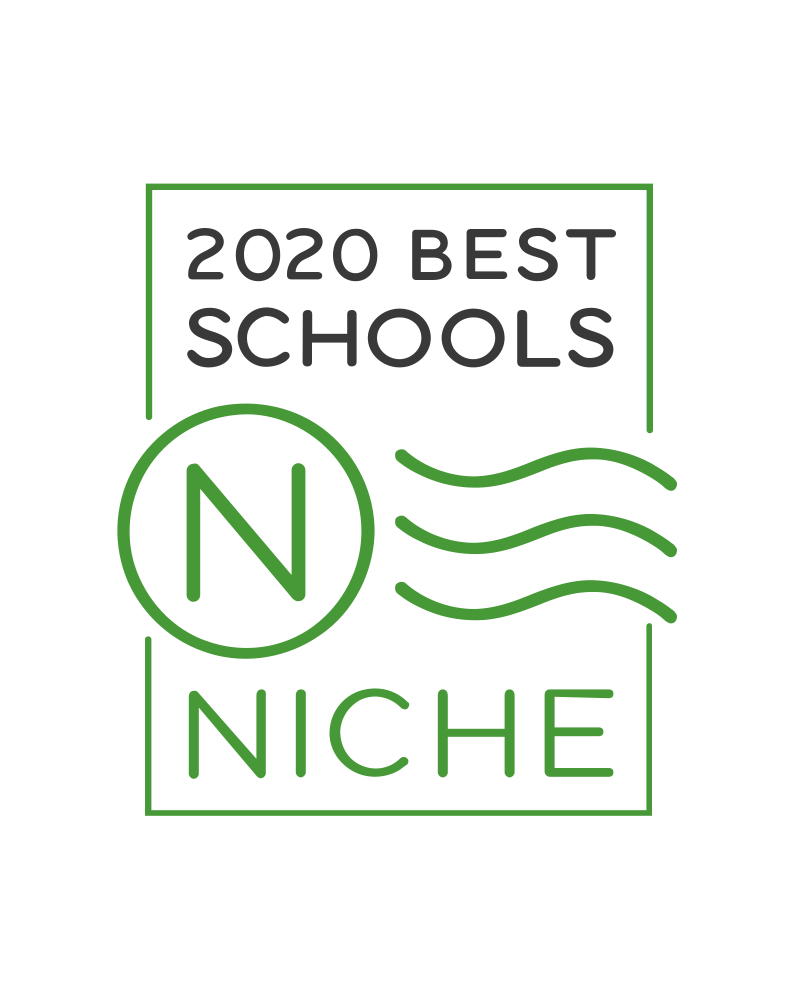The juniors and their families at my school are feeling anxious about how the college application process will unfold next fall. The fact is that no one really knows what the fall will look like. The colleges with which I have had conversations all plan to open as usual in September and expect to host campus visits, group information sessions, tours, and to offer interviews. They also readily acknowledge that in spite of their best efforts to plan for a return to normalcy, no one really knows what our world will look like next fall.
There are a few things on which almost all college representatives agree. Evaluating applications for admission will have a different context than in the past. Many colleges and universities have already modified or eliminated their testing requirements. Every admission representative from whom I’ve heard has indicated that they expect the final quarter grades of students’ junior year to look different -- and they will adjust the way they evaluate transcripts in light of those changes. They also know that activities in which students have customarily been involved were often not available to them.

Most college admission offices engage in a holistic application review. They consider the context from which a student is applying. They look at the opportunities to which students have been exposed and the extent to which they have taken advantage of them. They recognize that family and personal circumstances vary widely and they take that into account as they review candidates. They read essays and recommendations carefully to develop the best sense they can about what is special or different about every student who applies.
In a webinar I attended recently with more than 800 college counselors from around the world, representatives from Saint Anselm College, the University of Rhode Island, Mount Holyoke College, and Brown University forecast that personal statements from students, and recommendations from teachers and the college counselor are likely to take on an even greater level of importance in the selection process. They were suggesting that the lack of or limited standardized testing results and changes to the way final-quarter grades from junior year will be reported will make comments from classroom and school personnel, while always valuable, even more significant.
In the post-Coronavirus world of college admission, I suspect Waring seniors will have a distinct advantage as they submit their applications. Here’s why:
- The leadership and faculty at Waring were able to make a remarkably quick pivot to online learning. While the transition was difficult for everyone in our community, we were able to settle into a regular routine within the first week of our return from spring break in March. Colleges have emphasized that being able to explain how schools handled new modes of teaching and learning will be essential as they work to get a sense of the last quarter of each applicant’s spring semester. Waring’s systematic and thoughtful approach to addressing the challenges of school life during and after COVID-19 is a compelling story that will demonstrate that our students were able to remain academically engaged and to the extent possible, socially connected.
- The colleges have indicated that they expect many high schools will switch to a pass/fail grading system for the last quarter of junior year and that the change will not adversely affect application reviews. Since Waring uses written evaluations instead of letter or number grades, the transcript we send will look the same as it always has. More importantly, our teachers’ evaluations will reflect the specific materials our students covered while learning online and the manner in which they negotiated a new and very different environment. The assessment and reporting system we have always used is particularly well suited to helping college admission offices understand precisely what happened at our school after spring break.
- We are a small school and our teachers know their students very well. The recommendations our teachers write are comprehensive and focus on their classroom experience with their students, which is what colleges need most from them. They shed light on the way students learn, their engagement with the material and with other students, the extent to which they are willing to take academic risks and their willingness to help their classmates. From the perspective of a college admission officer, the quality of a Waring teacher recommendation, coupled with detailed written evaluations for every course taken in the upper school, represent a treasure trove of information. It is one of the aspects of how we present our students that admission officers have found most valuable during their evaluation process.
- Waring’s college counselor recommendation is a compilation of stories and anecdotes from parents, students, teachers (who are not writing a separate, formal recommendation), staff, family friends, and myself. I spend the summer and early fall collecting as much information as I can to be able to describe each senior’s unique journey through our upper school. I get tremendous support from everyone in our school. Every recommendation is crafted to help bring an individual student to life for admission committee members and to highlight the specific contributions each senior has made to make Waring the vibrant, supportive, and inclusive community of learners that it is.

Our small size has always given us the ability to get to know our seniors especially well and to do an outstanding job presenting them and their special qualities to colleges. In the post-Coronavirus world, our size and commitment to tell each senior’s unique story should give them a distinct advantage in an otherwise uncertain process.
Postscript: I produce a Word Cloud from the recommendations I write each year. Here is the Word Cloud for Waring's Class of 2020.






